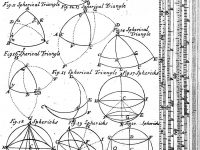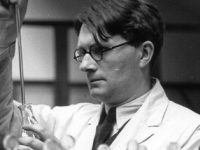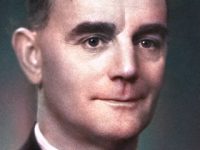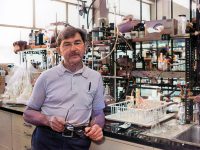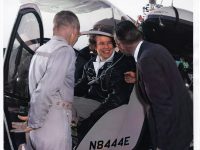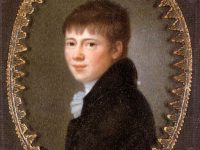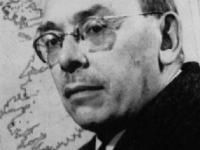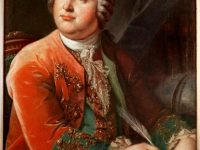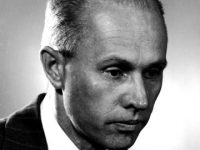Edmund Gunter and his Measuring Devices
On December 10, 1626, English clergyman, mathematician, geometer and astronomer Edmund Gunter passed away. Gunther is best remembered for his mathematical contributions which include the invention of the Gunter’s chain, the Gunter’s quadrant, and the Gunter’s scale. In 1620, he invented the first successful analog device which he developed to calculate logarithmic tangents. Edmund Gunter – Early Life Edmund Gunter was born in Hertfordshire in 1581. Edmund attended Westminster School as a…
Read more

